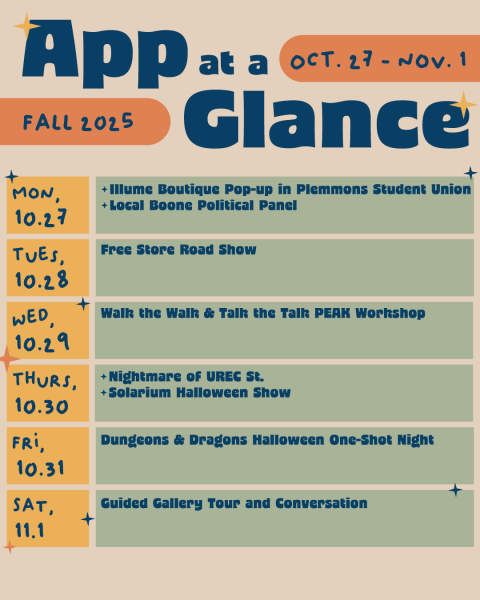Through Ella’s Eyes: Science belongs to everyone, not just academia
January 14, 2022
Academic journals, like Nature and PNAS, are beacons of knowledge within the research community. Peer-reviewed research and publication are a cornerstone of the scientific process, and journals play a crucial role. Although they are a valued component of the academic community, how do journals benefit the public? Many have pricey subscriptions, sometimes hundreds of dollars a year, and research papers have advanced and jargony language nearly impossible to understand. Journals and the academic community enable misinformation by making research inaccessible to the public. It’s time to retire the outdated mentality of academic elitism and make research attainable for everyone.
The first obstacle to research is paywalls. Reading scientific research can be expensive. For individuals, articles can cost $50 a piece. An early subscription to PNAS for 2022 costs $235. Most college students are lucky enough to access journals and their subsequent articles through universities, but even institutions must pay ridiculous prices for access to journals and articles. In 2017, the University of California completely canceled its subscription to the publisher Elsevier after the company refused to give the institution open access to its journals, even though the university was paying a stunning $10 million a year. The two reached an agreement, but the dispute stands as a notable step in the fight for open access to scientific research. Publishers and journals are charging an outstanding amount for access to their research, and it is entirely based in greed. If their motives were only about expanding knowledge and the advancement of science, research would be open and free to academics and the public alike.
Another barrier inhibiting access to research is how difficult articles are to read. In fairness, academic research is written for other academics in their field of study rather than the public. However, overly jargony language turns the public away from reading legitimate, peer-reviewed research. Science journalists are often the middleman between academia and average readers, but journalists cannot possibly cover every single research report. Academic writing uses unnecessarily difficult language and vocabulary. It wouldn’t harm academia to simplify writing styles for the public. After all, shouldn’t science be for everyone?
Academia has a long history of gatekeeping higher education and access to research alike. Making journals and research reports more accessible will help close the divide between academia and the public benefiting both parties. Greed and elitism have no place in the search for knowledge. Only good can come out of open access to research.














MuChao • Jan 17, 2022 at 2:09 pm
There are few things more scummy in Academia than forcing folks to pay exorbitantly high article/subscriptions costs for peer-reviewed papers. *Especially* when so much of the research in said papers was likely funded via public dollars! (public universities, public grants, etc.) I’m of the mind that *any* paper published wherein the research was publicly funded should be free for anyone/everyone.
That said, if you ever really want to read an article, and can’t afford it, contact the author directly. Usually they’ll be thrilled to freely share their work!